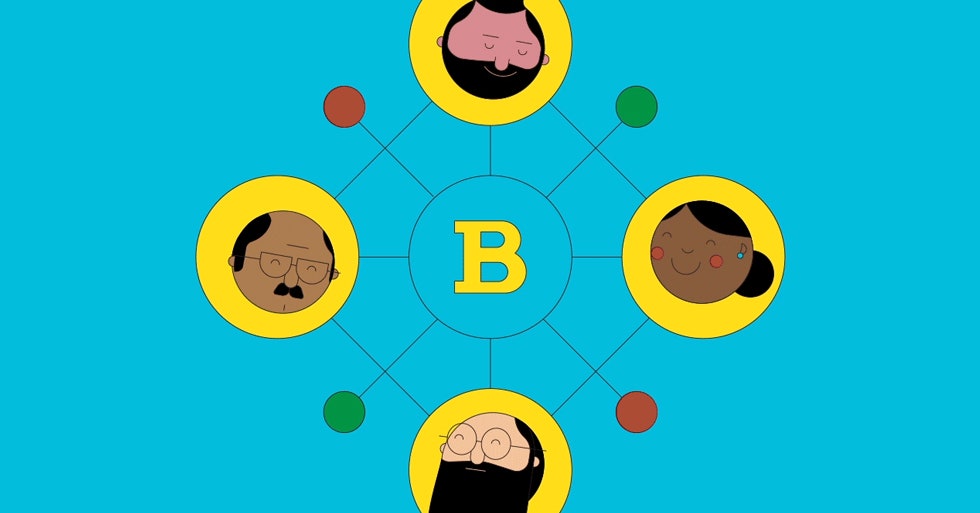 politics news
politics news
New Government Crypto Threat Released
Fourteen years after Bitcoin’s release, law enforcement and cybersecurity officials continue to grapple with the fallout from the first generation of cryptocurrency-related technology – from money laundering to unregistered securities offerings., to ransomware attacks.But even as regulators and law enforcement figure out how to handle the first wave of blockchain networks, developers around the world are racing to deploy more advanced variations of the original concept.
While many of these next-gen tools are designed to provide greater legal compliance than their predecessors – or even to be used by governments themselves, as the technology underlying crypto gains legitimacy and in institutional weight – the planned launch shows that radical anti-government ideas remain a driving force in the evolution of many cryptographic networks.
The anarchist project is called DarkFi, a reference to both “DeFi” – the nickname for crypto-based decentralized finance – and a speech 2014 by former FBI Director James Comey about the “going dark” problem widespread encryption presented to law enforcement hoping to monitor digital activity.
Representatives of the group say its members are spread across parts of Europe and the Middle East.While touting the software as a tool to protect users from government-imposed violence, law enforcement officials say the proliferation of enhanced encryption is making it harder to catch drug traffickers, terrorists and human traffickers.
Bill Callahan, a former Drug Enforcement Administration agent who oversaw money laundering investigations during a two-decade stint at the agency, said the potential for advanced encryption to hide crime is troubling.– and that for public safety, new encryption tools must strike a balance between personal freedom and government surveillance.
“We have a reasonable expectation of privacy,” said Callahan, who now works at the Blockchain Intelligence Group, which conducts forensic investigations into crypto activity.
“We don’t have an absolute expectation of privacy.”
Callahan, who was unfamiliar with the details of DarkFi, said people who build and operate crypto networks could face legal liability for criminal activity taking place on the networks.“If they allow this to be used by nefarious actors,” he said, “they run the risk of being held accountable.”
The risk only increases if developers publicly tout their intent to flout law enforcement.“That’s probably going to be Exhibit A,” Callahan said.
Like many of the new cryptographic tools developed for use by governments and law-compliant businesses, the DarkFi project relies heavily on zero-knowledge proofs, a cryptographic technique invented by mathematicians in the 1980s that allows verification targeted encrypted information in a way that allows most aspects of the information to remain secret.
Experts who reviewed DarkFi’s announcement and its website at POLITICO’s request said the project appeared to be technically sophisticated, although they expressed skepticism about its developers’ vision.
“They seem to be putting a lot of engineering effort into it,” said Matthew Green, a computer science professor at Johns Hopkins University and co-founder of Sealance, a startup that aims to integrate advanced encryption into a legally compliant system.
.version of crypto.
“It’s not a small project,” he says.“They’re aiming to do something very, very powerful.”
“They know how to do it and they think right,” said Evan Shapiro, the CEO of the San Francisco-based Mina Foundation, which backs another venture capitalist-backed next-gen crypto network.
But Shapiro said that in critical respects DarkFi lags behind in its development towards a handful of company-backed encryption protocols that have similar technical ambitions while being designed for more.traditional commercial purposes.He said that on a technical level, DarkFi was likely to differentiate little from these more commercial projects, even if it attracted applications and users more in line with its anarchist vision.
Taaki, who has spent time in London and Syria in recent years and has not responded to questions about his current location, says the new platform will allow for more secrecy than commercially oriented projects that cannot to resist government pressure to ensure legal compliance.
In other words, the group believes that the high-tech cat-and-mouse game between rogue crypto coders and governments that has been going on for more than a decade is just beginning.
In a sense, it is an extension of the mission of the original cryptocurrency, Bitcoin, which was invented specifically to challenge government control of money and banks.
As it spread and adopted more widely, governments found ways to mitigate the threat posed by the original cryptocurrency and its immediate successors.
Despite Bitcoin’s use of pseudonymous addresses, for example, all transactions on the network are recorded in public view, and law enforcement officials have perfected techniques to trace them back to individual users.Even though the total volume of illicit cryptocurrency activity has continued to grow in recent years, its share of transaction volume has fallen to new lows as legitimate use has soared, according to a report released last year by analytics firm Chainalysis.
And technical side, a report funded by the Pentagon’s Defense Advanced Research Projects Agency and released last year identified multiple vulnerabilities in Bitcoin that an attacker with the resources of a national government could use to disrupt the network itself.
Since Bitcoin’s launch, thousands of successors have sought to improve elements of its design.Starting with Ethereum, launched in 2015, many newer systems have offered more advanced features, such as smart contracts, that can automate financial activity.Others, like Monero – which became a cryptocurrency of choice for illicit use after its launch in 2014 – offered higher levels of secrecy.
But developers are still trying to perfect blockchain systems that integrate next-gen functionality and secrecy into one system.
This will help fulfill “the destiny of crypto,” Taaki said, to bring individual freedom at the expense of governments.
Among the features promised by DarkFi are features that will allow people to form organizations that collectively collect and distribute money in complete secrecy.Taaki said it was inspired in part by the group’s experience using existing technology to form a crypto-based organization to support imprisoned Wikileaks founder Julian Assange.
But technical and political obstacles remain in the way of this anarchist vision.
“Building private blockchains that can do things like Ethereum is really hard,” said Green, who was instrumental in developing ZCash, an early privacy-focused cryptocurrency released in 2016.
Green said he, too, believes advances in encryption and network design could lead to further encryption-related disruptions.But, at least for now, he said governments have shown they can and will find ways to crack down on networks used for criminal activity.
“We’re more in the toothpaste cap removal phase,” he said.“Toothpaste won’t come out of the tube for probably 10 years.”
politico Gt.
